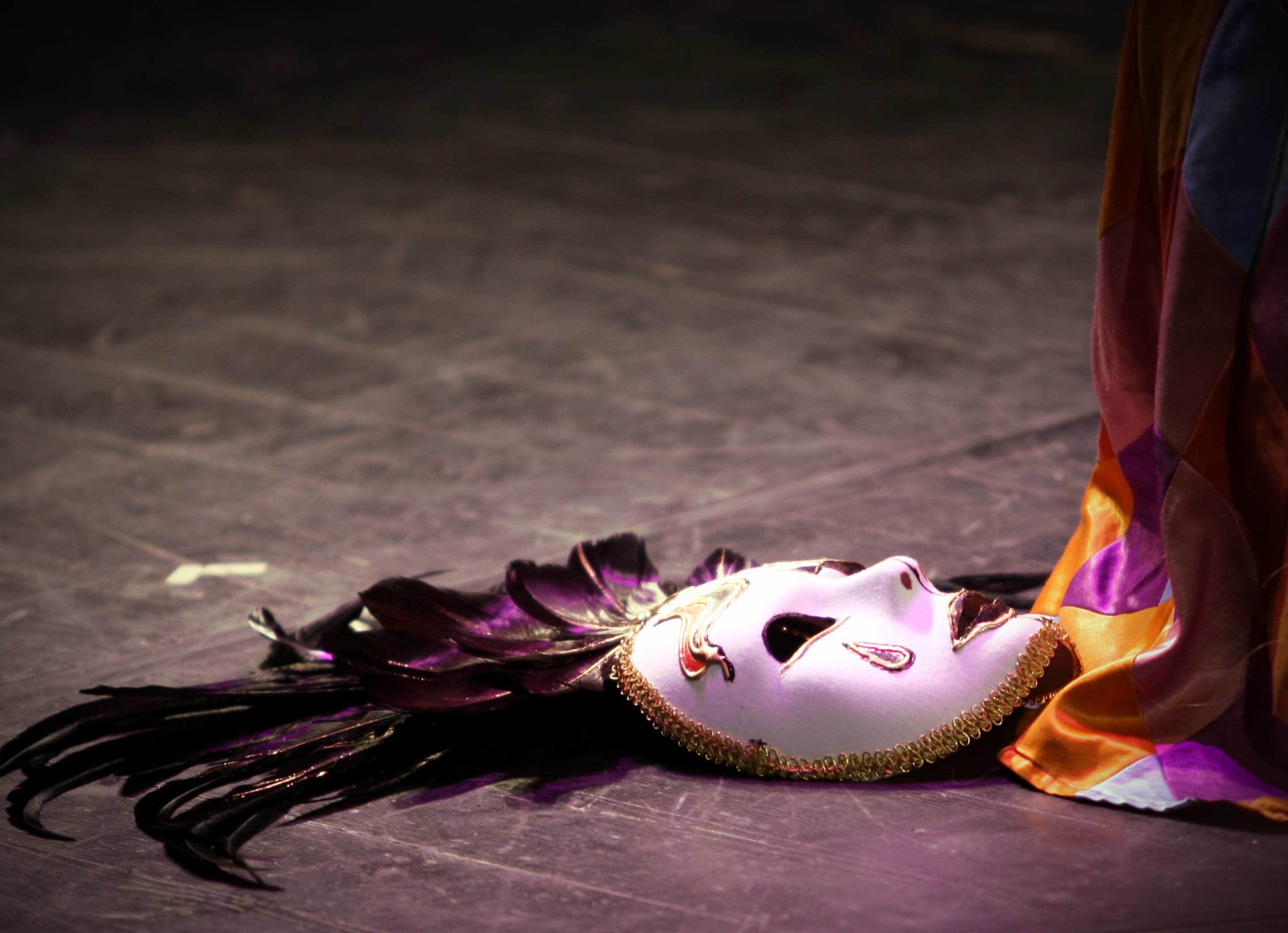Demands of acting hurting mental health
Actors experience significantly higher levels of depression, anxiety and stress than the general population, University of Sydney research shows.

New research suggests actors need better support to 'cool down' after the intensity of performing in demanding roles. Image: freeimages.com
A study of 782 actors shows a quarter have experienced ‘debilitating performance anxiety’ at some point in their career and many have relied on alcohol and drugs to cope with the pressure and burden of their roles.
“Our most striking finding confirms what people in the industry know and talk about. Actors are highly skilled, low paid workers, who experience anxiety, stress, and, most seriously, depression at high levels. They drink at a rate that is likely to lead to serious health problems,” said the study’s co-author, Associate Professor Ian Maxwell from the Department of Theatre and Performance Studies.
“Actors identified high levels of stress associated with low levels of income. They also reported tolerance in the face of otherwise debilitating complaints and ailments associated with their work, often choosing to keep working in circumstances in which they report experiencing serious and often long-term symptoms,” he said.
Coping mechanisms
Some 40 percent of actors had difficulties in relaxing or ‘letting go’ after performing an emotionally and physically demanding role, often as a result of live performance.
Over a third of actors reported consuming alcohol as a result of problems related to their work as a performer. Men and women actors are using alcohol at levels well above the World Health Organisation guidelines for healthy consumption and 80 per cent of actors are active users of either legal or illicit drugs.
Five fast facts from the Actors’ Wellbeing Study
- Over 40 percent of actors drink to ‘let go’ after a demanding performance
- 80 percent of actors are active users of either legal or illegal drugs
- 26 percent of actors have experienced bullying in the workplace
- The mean age of respondents was 40 years of age
- Almost 70 percent of actors completed vocational acting training
The survey also revealed a quarter of actors had experienced harassment or bullying during their work as a performer. Actors spoke of abusive behaviour by directors, sexism and homophobia. More women actors than men spoke of sexual harassment – both in training and in the workplace.
The study shows that work peaked for both men and women actors around the age of 30 to 32. Some 40 percent of actors reported earning less than $10,000 from acting in the financial year 2011-12. Over 80 per cent of actors reported financial stress being an issue in their lives at least some of the time.
Better support urged
Younger actors are more likely to report symptoms of depression, anxiety and stress than those who were over 55 in the sample.
Dr Marianna Szabo, from the School of Psychology and Dr Mark Seton from the Department of Theatre and Performance Studies co-authored the research, which makes several recommendations to improve the working lives of performers. The authors are calling on actor training schools to address performers’ wellbeing and for industry-wide requirements to provide structured opportunities to cool down after a performance.
“Work practices of warming up exist, but training institutions and theatres must do more to support actors cool down to help them re-ground into everyday life and relationships,” said Dr Seton.
